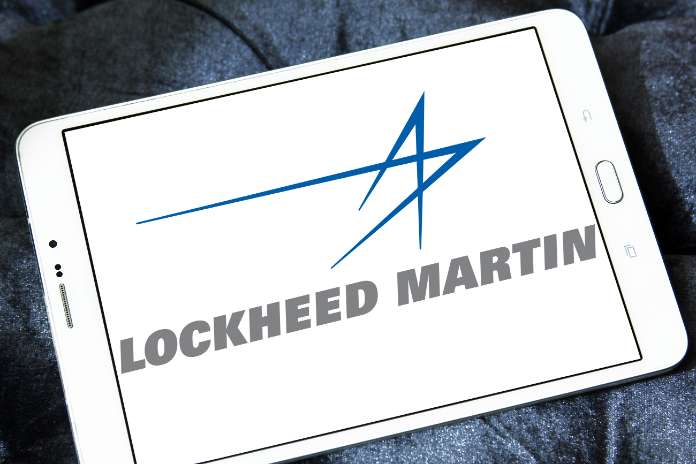Lockheed Martin (NYSE:LMT), the U.S. defense contractor, has entered into agreements with Saudi Arabian companies to produce components of its Terminal High Altitude Area Defense (THAAD) system. The sub-contracts aim to bolster manufacturing capabilities in Saudi Arabia and transfer expertise, contributing to the strengthening of the country’s defense industry. The announcement was made during the World Defense Show in Riyadh.
Saudi Arabian Military Industries (SAMI), a state-owned entity, signed 11 agreements at the event, marking a significant step in enhancing the nation’s defense capabilities. The THAAD system is crucial for defense against ballistic missile threats, and the collaboration is expected to contribute to Saudi Arabia’s self-sufficiency in defense production.
This development takes place amid heightened tensions in the region, with recent military operations by the U.S. against Iran-backed groups. The U.S. and Britain conducted strikes against Houthi targets in Yemen, responding to a deadly attack on U.S. troops in Jordan. The geopolitical dynamics have prompted shipping companies to suspend transit along the Red Sea route to avoid potential attacks by the Iran-backed Houthi group.
The Biden administration has maintained support for Saudi Arabia to receive the THAAD system, initially approved in 2017. The prime partners for Lockheed Martin’s sub-contracts include Middle East Propulsion Company (MEPC) and Arabian International Company (AIC) for Steel.
In a separate announcement, Airbus (AIR.PA) revealed ongoing talks with existing operators, including Saudi Arabia, for additional orders of its A330 tanker military planes.
Boeing Saudi Arabia (NYSE:BA) and Bahri Logistics, a unit of the country’s national shipping company, also signed a Memorandum of Understanding (MoU) to enhance supply chain activities and support services and defense-related products.
Furthermore, in a notable diplomatic shift, Qatar’s Barzan Holdings signed a preliminary agreement with SAMI, marking the first defense deal between Gulf defense companies since the restoration of ties between Saudi Arabia and Qatar nearly three years after a diplomatic rift.
“We would like to explore some quick wins with them and think about longer-term opportunities as well,” stated Abdullah al-Khater, CEO of Barzan Holdings, emphasizing a forward-looking approach and the potential for collaboration between the two nations.
The recent defense cooperation highlights a positive shift in regional dynamics, as former rivals seek opportunities for collaboration in the defense sector, focusing on shared interests and future cooperation.
Featured Image: Megapixl















